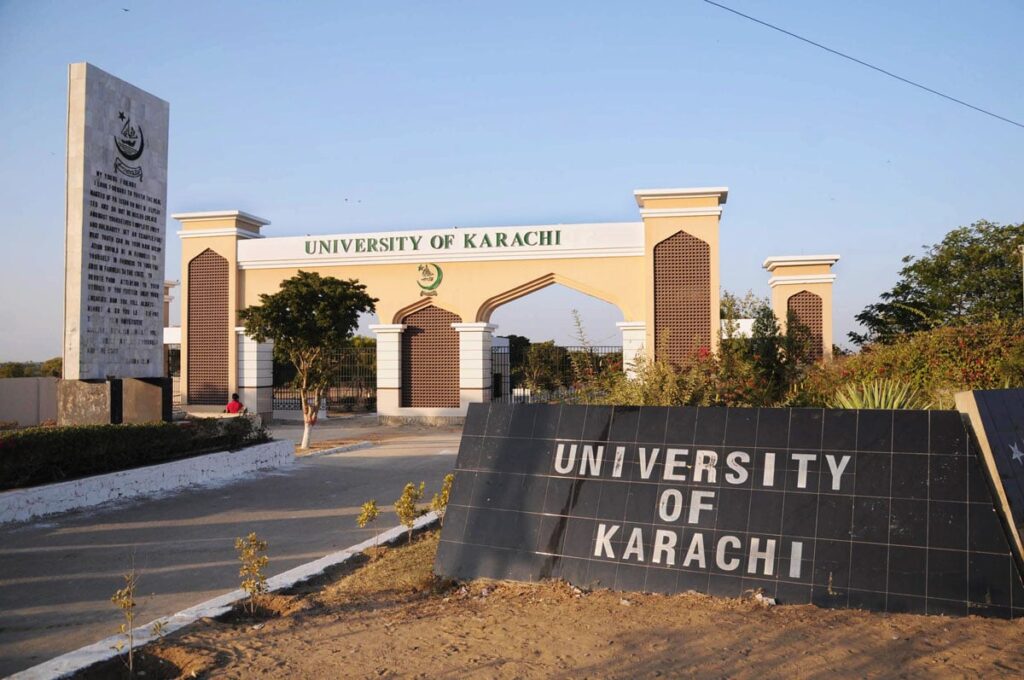Islamabad, Apr 18, 2025: Karachi University is expected to delay the launch of its newly introduced biannual examination system for associate degree (AD) programs at public sector colleges, based on recommendations from the Sindh College Education Department.
The suggested one-year postponement stems from ongoing administrative and operational challenges being encountered by government-run colleges.
To address these concerns in detail, the university has scheduled a session of its academic council.
In an official correspondence with the university, Faqir Muhammad Lakho, Regional Director of Colleges (Karachi), urged that the implementation be deferred for another academic year.
“Several aspects of the Associate Degree programs—such as ADA, ADS, and ADC—are still unclear, and institutions are facing difficulties in adapting to the changes,” his letter stated. “Delaying the new system would be in the best interest of both students and faculty.”
Initially, Karachi University had approved the biannual exam structure in line with directives from the Higher Education Commission (HEC).
The model was developed by the university’s Affiliation Committee, under the supervision of Prof. Anila Amber Malik.
Read More: Book Banks Set Up in Sindh Schools to Support Students
In contrast to the previous semester-based approach, where 40% of marks were awarded internally by colleges and 60% by the university, the biannual format mandates that the university alone conduct two 100-mark exams for each subject annually.
Though the HEC continues to recommend the semester system, public colleges face significant hurdles, especially with accommodating private students whose academic schedules vary.
HEC’s broader shift from traditional two-year bachelor’s programs to a standardized four-year model has led to a transition where two-year degrees are now recognized as associate degrees.
However, this change has caused a noticeable drop in student admissions to affiliated colleges under Karachi University.
As a result of declining enrollment, the university has witnessed a dramatic drop in revenue from affiliated institutions.
The income has plunged from Rs800 million to Rs200 million annually, significantly impacting financial planning.
The university’s academic council is currently reviewing the proposal and is expected to reach a final verdict on the matter shortly.
